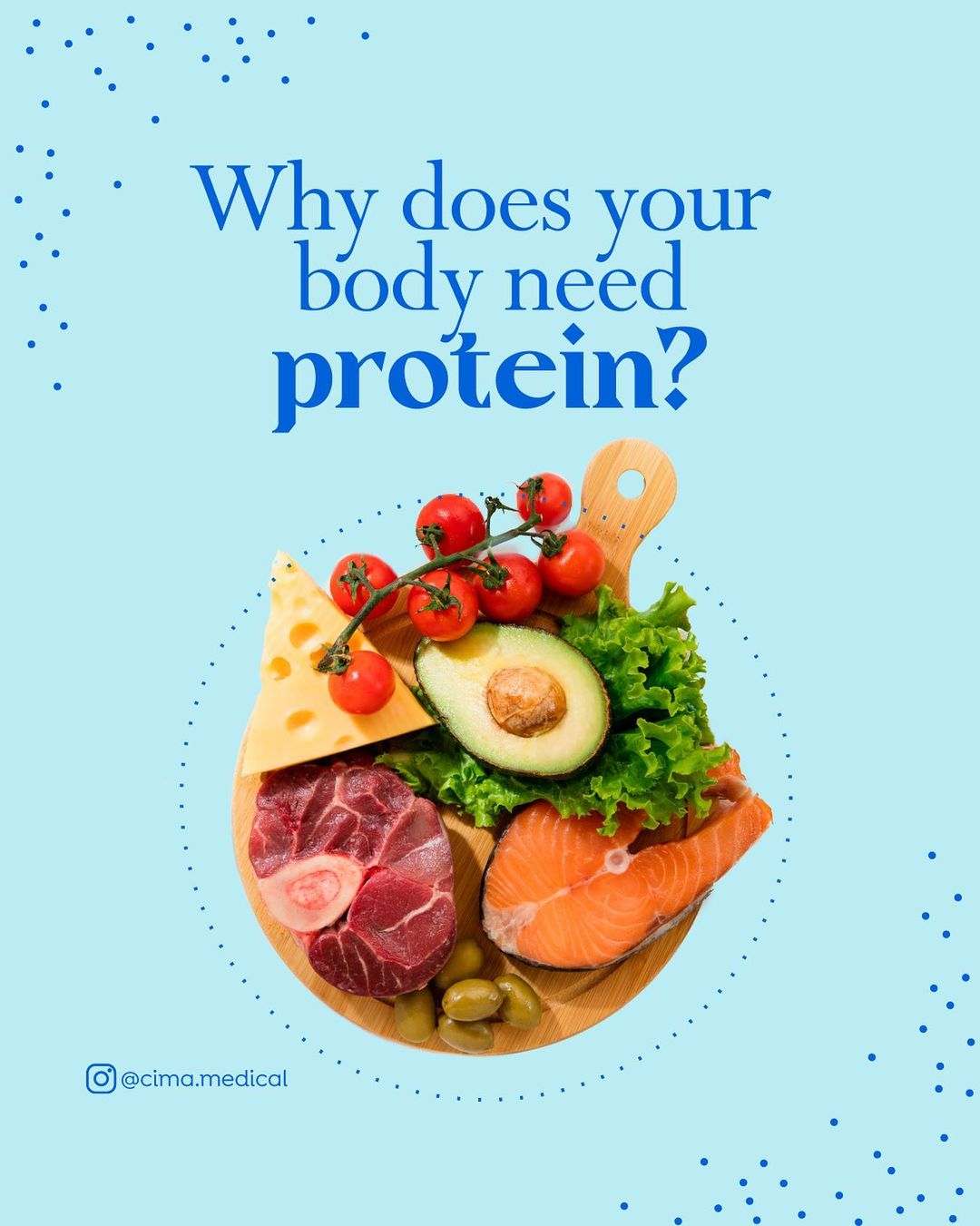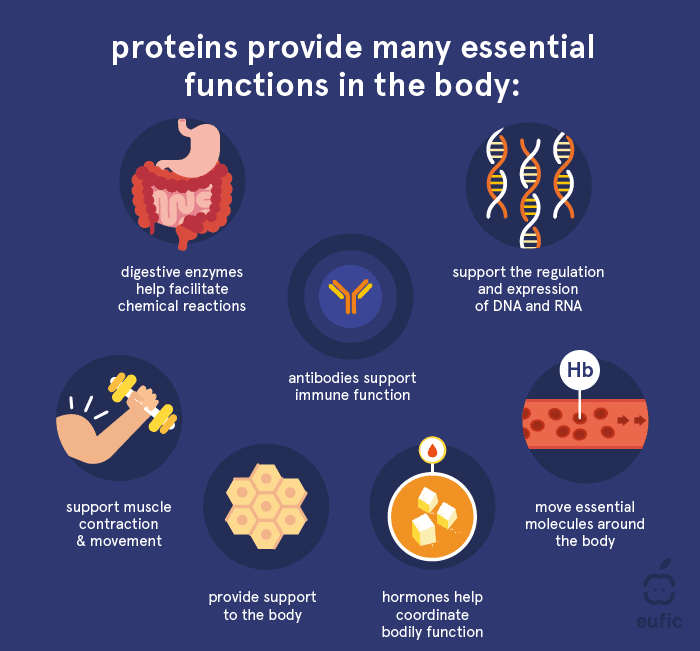Protein Deficiency Alert: 7 Signs Your Body Needs More!
Are you unknowingly depriving your body of a crucial nutrient? Protein deficiency is a silent epidemic, and your body might be sending you signals you're ignoring.
In today's fast-paced world, it's easy to let healthy eating habits fall by the wayside. We grab quick meals, often filled with empty calories and lacking the essential building blocks our bodies desperately need. Junk food and convenience are often prioritized over proper nutrition. However, the body has its own intricate ways of communicating its needs, and recognizing these signals is vital for maintaining optimal health and well-being. As prominent health expert Sung, who has a large following on YouTube, has revealed, there are several key indicators that suggest you may be falling short on your protein intake. Understanding these signs can help you take proactive steps to nourish your body and avoid the detrimental effects of protein deficiency.
Here's an insightful look at Dr. Sung's expertise, highlighting the potential impact of inadequate protein levels on your overall well-being:
- Huntley Ritter A Rising Star In The Entertainment Industry
- Linsey Dawn Mckenzie The Rising Star Whos Taking Hollywood By Storm
| Aspect | Details |
|---|---|
| Name | Sung |
| Known For | Health and Nutrition Expertise, YouTube Content Creator |
| YouTube Subscribers | Nearly 500,000 |
| Expertise | Identifying signs of nutrient deficiencies, promoting healthy eating habits |
| Focus | Sharing valuable insights on health and wellness, empowering individuals to make informed choices |
| Key Message | Recognizing the importance of adequate protein intake for overall health and well-being |
| Website Reference | Visit Sung's YouTube Channel |
As a leading US doctor has revealed, there are five easy-to-spot signs that indicate your body may need more nutrition, including protein. It is crucial to pay attention to these subtle cues your body is sending.
Many people find themselves constantly reaching for snacks between meals. If youre always feeling hungry shortly after eating, this could be a sign that youre not consuming enough protein. Protein plays a crucial role in ensuring you feel full after eating. Unlike carbohydrates, protein is digested more slowly, which helps to stabilize blood sugar levels and reduce cravings. When your diet lacks sufficient protein, your body may signal hunger more frequently as it searches for the necessary nutrients. This constant cycle of feeling hungry and reaching for snacks can lead to overeating and make it difficult to maintain a healthy weight.
Another critical aspect of protein intake is its impact on your immune system. Are you constantly getting ill? A weakened immune system can be a direct result of inadequate protein consumption. Protein provides your immune system with the essential amino acids it needs to function effectively. These amino acids are the building blocks for antibodies and other immune cells that fight off infections and protect the body. Without enough protein, your immune system becomes compromised, making you more susceptible to illness. It's not just about warding off viruses; protein also stimulates bacteria that are beneficial for gut health, which further bolsters your immunity.
- Unveiling The Truth About Murder Videos A Deep Dive Into The Dark Side Of The Internet
- Unveiling The Allure Of Sexy Marilyn Monroe A Timeless Icon
Protein is not only critical for internal health but also plays a significant role in maintaining the health of your hair. Just like your body, your hair needs protein to stay healthy and strong. If your hair feels limp, weak, or brittle, it may be a sign that its lacking protein. A protein treatment can help address this deficiency by boosting your hair with a variety of nutrients and proteins to reconstruct and strengthen hair strands. This can lead to improved hair health, reducing breakage and promoting overall hair vitality. Remember, the health of your hair can often serve as a visual indicator of your overall nutritional status.
The recommended dietary allowance (RDA) for protein is 0.8 grams per kilogram of body weight. This provides a general guideline for the minimum amount of protein needed to meet basic requirements. However, individual protein needs depend on various factors, including age, activity level, and overall health. Athletes and individuals who engage in moderate or heavy exercise may require more protein to support muscle growth, repair, and overall recovery. Consulting with a registered dietitian or healthcare provider is advisable to determine your precise protein needs based on your specific lifestyle and health goals. Its also important to consider that some experts suggest that the actual amount of protein you need may be higher depending on your age and activity levels, among other lifestyle factors.
Federal health officials recommend getting 0.8 grams of protein per kilogram of body weight. This recommendation is a solid starting point, but the right amount of protein is not a one-size-fits-all solution. Moderate exercise (1 to 2 hours a day) might require you to take in 1.3 to 1.5 grams of protein per kilogram of body weight; heavy exercise (more than 2 hours) may require 1.6 to 2.0 grams of protein per kilogram of body weight. The goal is to find the balance that works best for your body.
Moreover, understanding the role of protein extends to recognizing when you might be consuming too much. Eating more protein than your body needs can put a strain on your kidneys, which work overtime to process it. This can potentially lead to health complications, such as the formation of kidney stones. Telltale signs of kidney stones can include sharp pain in the side, lower back, and abdomen, so it is vital to pay attention to such signals. Richter shares five ways your body is telling you that you may be eating too much protein and how to determine the appropriate amount to consume based on your specific needs. Remember, the goal isn't to eliminate protein but to find your body's optimal balance.
In this revealing exploration, we'll delve into ten increasingly significant signs of protein deficiency, starting with subtle hints and building up to serious warning signals that demand attention. These signs can range from the simple, such as persistent hunger, to more severe indicators like muscle loss and compromised immune function. Complete protein sources are sources that contain all 9 essential amino acids and a variety of nutrients for the body, including B vitamins (niacin, thiamin, riboflavin, and B6), vitamin E, iron, zinc, and magnesium.
Here are some of the most telling signs that your body needs more protein:
- Persistent Hunger: Feeling hungry frequently after meals is a primary indicator. Protein helps you feel full for longer, reducing cravings and preventing overeating.
- Muscle Loss and Weakness: A lack of protein can make you lose muscle mass, which in turn can leave you feeling weak and tired. Protein gives your body the amino acids it needs to rebuild.
- Weakened Immune System: Protein is essential for the immune system to function correctly. If you are constantly getting sick, this may signal low protein levels.
- Hair Issues: Limp or weak hair may indicate the need for protein treatment. Hair is made up of protein, so a deficiency can affect its health.
- Slow Wound Healing: Protein plays a crucial role in tissue repair. If wounds heal slowly, it may be a sign of protein deficiency.
- Skin Problems: Protein is vital for skin health. Issues like dry, flaky skin or rashes can be linked to low protein levels.
- Difficulty Concentrating: Protein deficiency can impact brain function, leading to difficulty concentrating or brain fog.
In addition to the visual and physical signs, its essential to consider your daily diet and lifestyle. Due to busy schedules, many people rely on convenience foods, often neglecting the protein their bodies require. Remember, it's crucial to take care of your body and eating unhealthy foods wont do you any good. By incorporating protein-rich foods into your diet and being mindful of these warning signs, you can ensure you are meeting your body's protein needs.
Remember that the correct amount of protein isn't only about how much you eat, it's also about the quality of the protein. Choose complete protein sources like lean meats, poultry, fish, eggs, dairy, and plant-based options such as quinoa, soy products, and a combination of beans and rice. Consulting a healthcare provider or a registered dietitian is always recommended to determine the appropriate amount of protein for your specific needs and lifestyle. It is not recommended to eliminate protein from your diet, but rather, to find the optimal balance that supports your overall health and well-being.
Article Recommendations
- Laney Beville Hayes A Rising Star Redefining Modern Entertainment
- Tropicana Field Photos Your Ultimate Guide To Capturing The Magic



Detail Author:
- Name : Janie Donnelly
- Username : marvin.naomie
- Email : bbotsford@dooley.net
- Birthdate : 1993-02-10
- Address : 45903 Benedict Views Vickychester, IN 27673-9582
- Phone : (305) 623-7361
- Company : Gaylord-O'Conner
- Job : Hotel Desk Clerk
- Bio : Nemo voluptate quaerat qui temporibus aliquam eveniet in. Ullam animi dicta doloremque sit odio dolor. Consequatur pariatur dolores dicta reprehenderit assumenda sequi omnis et.
Socials
linkedin:
- url : https://linkedin.com/in/dortha.schimmel
- username : dortha.schimmel
- bio : Dignissimos molestiae nemo asperiores et.
- followers : 3180
- following : 1537
tiktok:
- url : https://tiktok.com/@schimmel2011
- username : schimmel2011
- bio : Ratione accusamus est aut voluptas. Cum non fugiat quia ut in ad.
- followers : 4864
- following : 1667